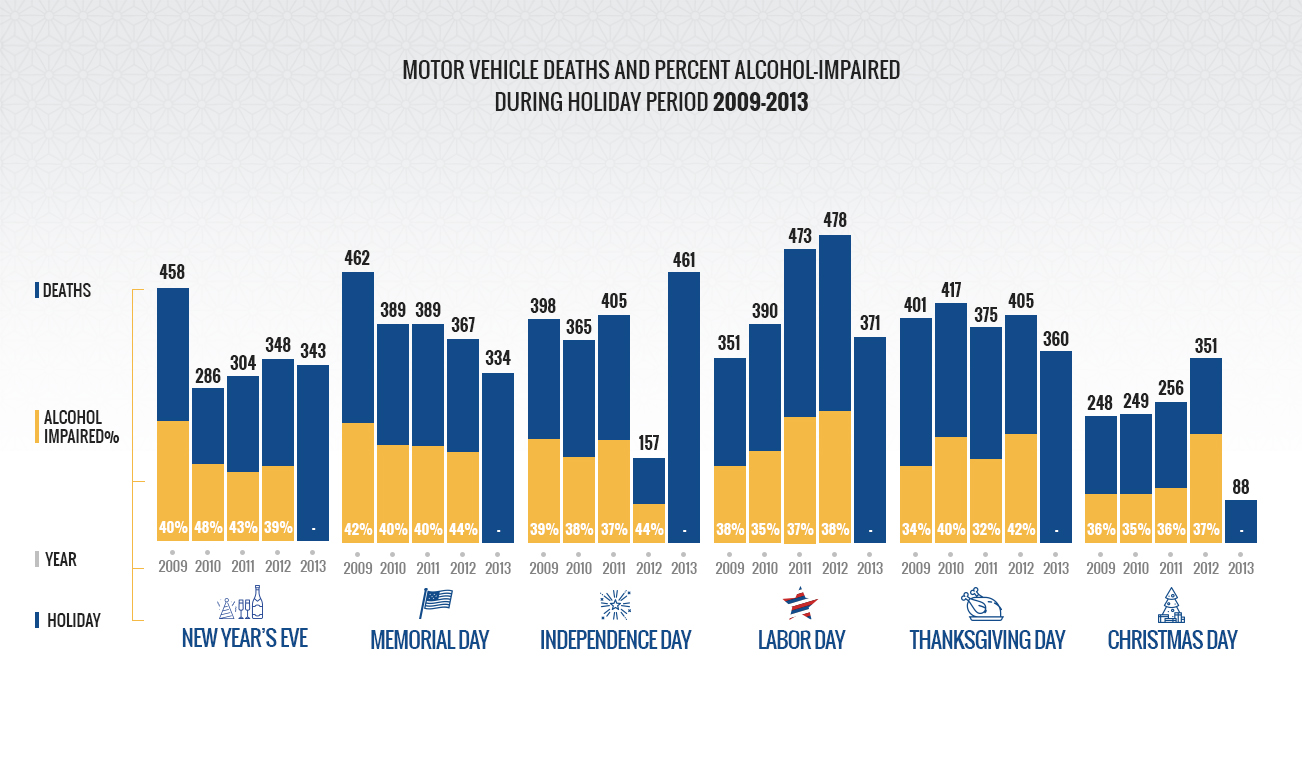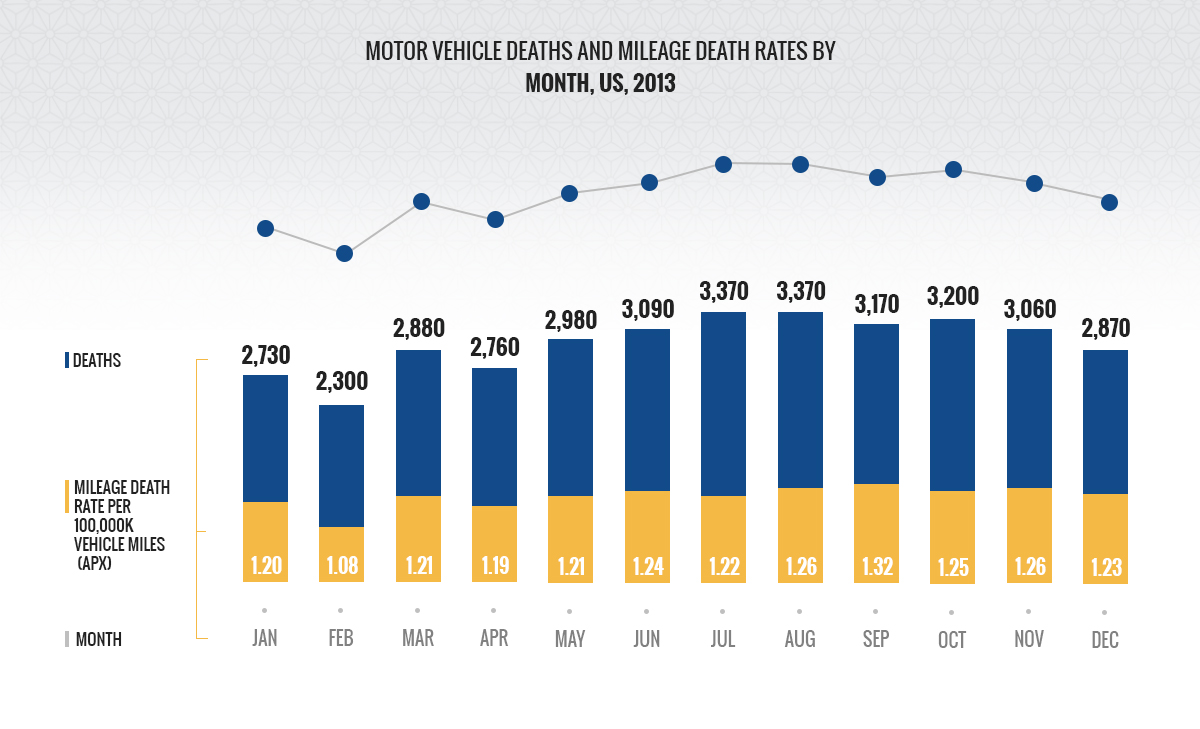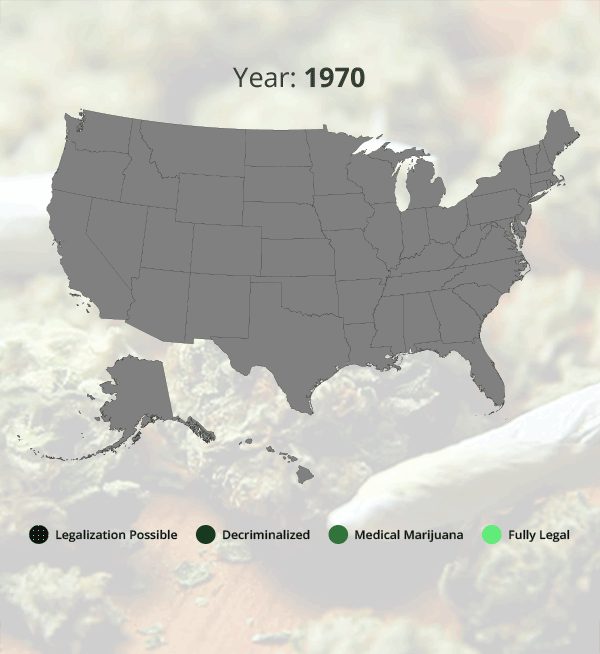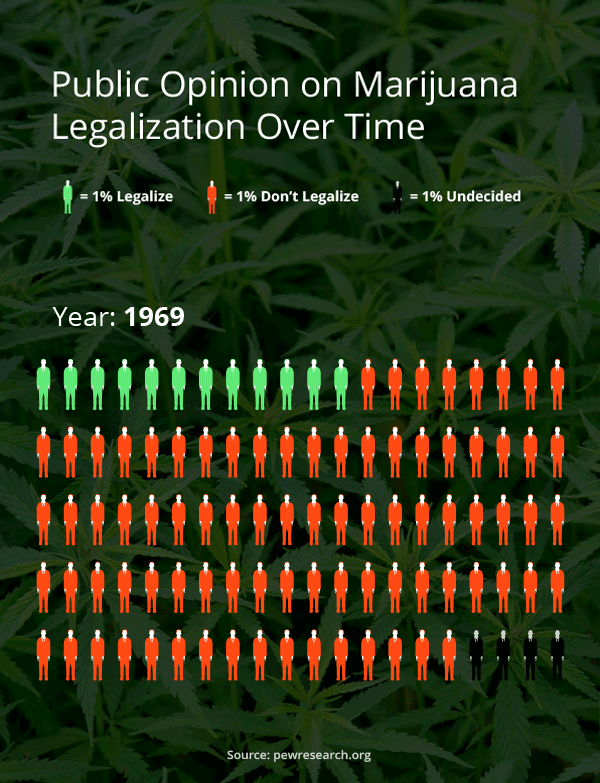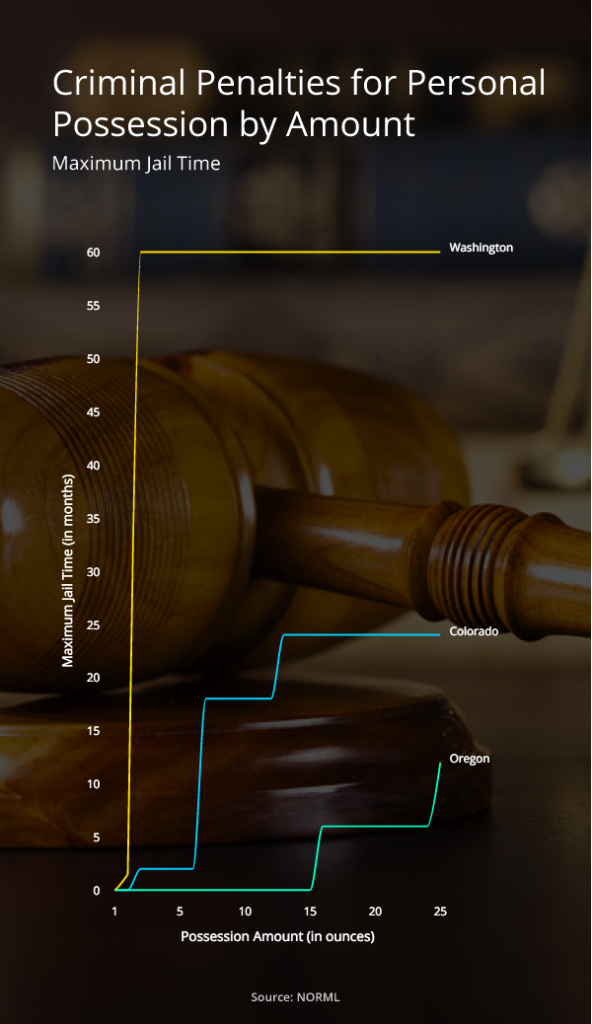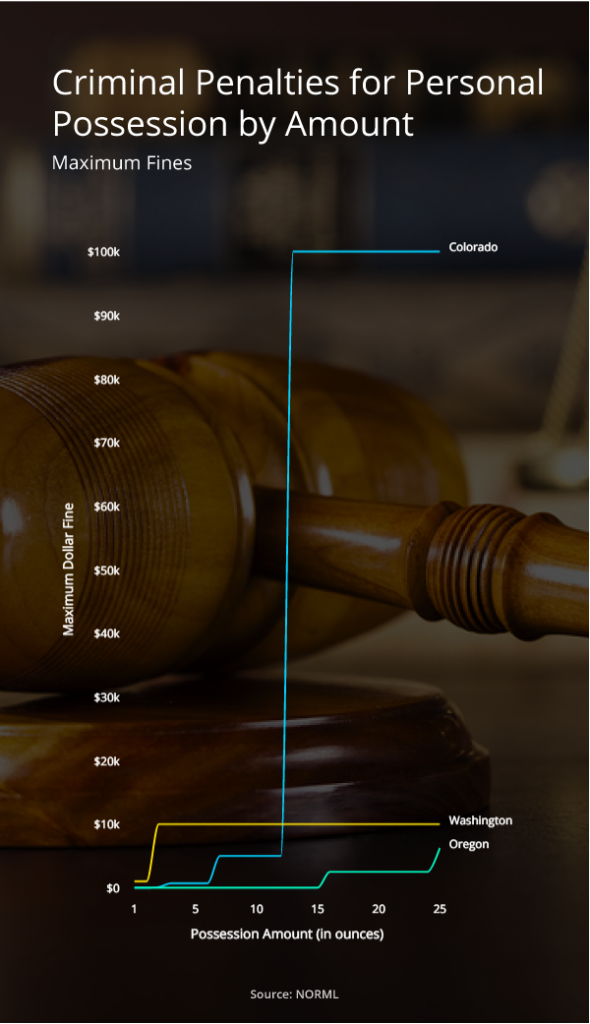What Happens When You Get a DUI Under 21 in Dallas, Texas
What Happens When You Get a DUI Under 21 in Dallas, Texas
Drinking and driving, no matter who you are or what your age, is dangerous and should be avoided at all costs. In the state of Texas, there is a zero-tolerance policy when it comes to minors under the age of 21 who are found drinking and driving. Because the legal drinking age is 21, anyone under that age who has a blood alcohol level higher than 0.0 and is operating a motor vehicle will be arrested and charged with a DUI.
DUI vs. DWI
While many people use the terms DUI and DWI interchangeably, there is a major difference between the two. For adults over the age of 21, having a blood alcohol level of 0.08 or higher while driving a car can be arrested and charged with a DWI (driving while intoxicated). DUI (driving under the influence) is a charge reserved for anyone under the age of 21 who is operating a vehicle with a blood-alcohol level higher than 0.0 in Texas.
Because Texas has a zero-tolerance policy for minors drinking and driving, a police officer will arrest a minor for DUI if he believes the juvenile to be intoxicated, and the field sobriety test confirms it. If your son or daughter has been arrested and charged with a DUI in Dallas, it is critical that you contact an experienced DUI lawyer as soon as possible to begin strategizing a defense and to attempt to mitigate the potential consequences of a conviction.
Potential Consequences of a DUI in Dallas
Being convicted of DUI charges in Dallas is serious and can have severely negative consequences on your child’s life. As a Class C Misdemeanor, an underaged DUI sentence can include:
- 60-day license suspension
- Up to $500 fine
- Alcohol awareness education
- Community service
For those aged 17 to 20 years old with a blood alcohol level of 0.08 or higher, the penalties may be more severe. These can include the following:
- 90-day license suspension
- Up to $2,000 fine
- 3 to 180 days of jail time
If there are subsequent convictions within ten years, these penalties increase substantially as well. The license suspension increases to one year, the fine up to $4000, and jail time can also be up to one year.
In all cases of DUI, a conviction will most likely also increase your insurance premiums, if not a complete dismissal of your insurance, since there will be a permanent criminal record going forward.
Contact Our Experienced Dallas DUI Attorney
At The Dallas DWI Specialists, we have the knowledge, skills, and experience to defend your son or daughter, who has been charged with a DUI in Dallas, Texas. You must contact us as soon as possible so that we can start working on your child’s defense and investigating the circumstances of the arrest.
We understand the severe impact a DUI conviction can have on a child’s life, and we are willing to work tirelessly to try to mitigate those effects. Contact us today for a free consultation to discuss your child’s case.


